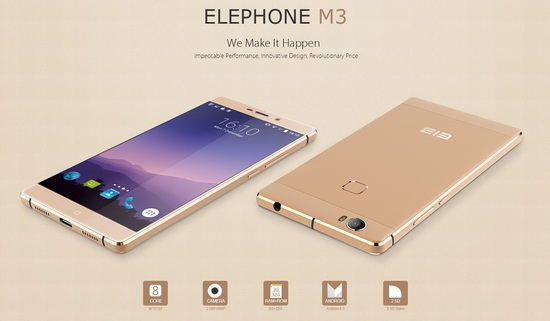Comparing exFAT vs FAT32
exFAT vs FAT32: Which File System Should You Use?
When formatting storage devices like USB drives, SD cards and hard drives, you'll often have the choice between using the FAT32 or exFAT file systems. But which one should you choose?gpu temperature
In this article, we'll compare:
• What FAT32 and exFAT are
• File size limits
• Compatibility between devices
• Supported features
• Performance
• Security considerations
• Use cases for each file system
• Things to keep in mind when choosing FAT32 vs exFAT
What Are FAT32 and exFAT?
• FAT32: Stands for File Allocation Table 32-bit.
It's an older legacy file system designed by Microsoft in the 90s for flash drives and memory cards.
Implements a 32-bit cluster number, limiting individual file sizes.
Widely compatible with most devices and operating systems.
• exFAT: Short for "extended FAT".
A newer file system designed by Microsoft as a replacement for FAT32.
Implements a 64-bit cluster number, removing individual file size limits.
Has some improved features over FAT32 but less compatibility.
Pronounced "ex-fat".
File Size Limits
• FAT32:
Maximum individual file size is capped at 4GB.
Total storage size limit is roughly 2TB.
These limits are due to FAT32's use of a 32-bit cluster numbering system.
• exFAT:
Individual files can be any size, as exFAT uses a 64-bit cluster number.
Total storage size limit is theoretically 128ZB (zettabytes).
Has no practical limits on file or storage capacities.
Device Compatibility
• FAT32:
Supported natively by Windows, macOS, Linux and most mobile devices.
Universal compatibility makes it an ideal common format for max compatibility.
• exFAT:
Only natively supported by recent versions of Windows and some newer Android devices.
May require additional drivers or app support for use with macOS and Linux.
Some older devices lack exFAT compatibility entirely.
Not an option for the broadest compatibility across all systems.como apagar la computadora con el teclado
Supported Features
• FAT32:
Supports basic features like files, folders, shortcuts and file attributes.
Supports long filenames up to 255 characters.
No advanced security features beyond basic file attributes.
• exFAT:
Supports all the basic features of FAT32.
Adds optional support for file compression, faster file allocation and wearing leveling.
Can support file system spanning across multiple physical disks.
Includes basic security features like file permissions and encryption.
Performance
• FAT32:
Performance is average, optimized for simple storage rather than speed.
Limited by 32-bit architecture and multi-tasking limitations of FAT.
• exFAT:
Faster performance due to optimizations for flash storage and 64-bit architecture.
Supports file system journaling for improved reliability.
Performance generally on par with NTFS for most operations.que es vsync
Security
• FAT32:
Does not support any form of file/folder encryption or permissions.
Not recommended for storing sensitive material.
• exFAT:
Optional support for basic file and folder permissions.
Optional Crypto API for encrypting files and folders at rest on the drive.
Provides better security than FAT32, though not at the same level as NTFS.
Use Cases
• FAT32:
Universal compatibility makes it ideal for flash drives and memory cards.
A good choice for transferring files between multiple devices and operating systems.
• exFAT:
Better suited for large flash drives storing large individual files or large amounts of data.
A good option for external hard drives used primarily with Windows PCs.
Can be used between Windows devices that require larger file transfers or compressed files.
Things to Keep in Mind
• Compatibility - Consider if the devices you'll be sharing data with support exFAT. If in doubt, FAT32 is the most universally compatible.
• Performance - exFAT is generally faster but only make a difference with large amounts of data or very I/O intensive operations.
• Security - Only use exFAT if encryption support is required. Otherwise, FAT32 is sufficient for most needs.
• Future proofing - exFAT supports much larger storage sizes, future proofing your drives for potential growth.
So in summary, for the broadest compatibility across operating systems use FAT32. But if you require larger file sizes, advanced features, encryption, performance or future proofing - exFAT may be a better choice depending on your specific needs and use cases. Just be mindful of devices that may lack exFAT support.
Hopefully this comparison has helped you determine whether exFAT or FAT32 is the better file system for your storage devices! Let me know if you have any other questions.Trova il miglior laptop per te in base al budget e al caso di utilizzo in base ai nostri test approfonditi.

No comments:
Post a Comment